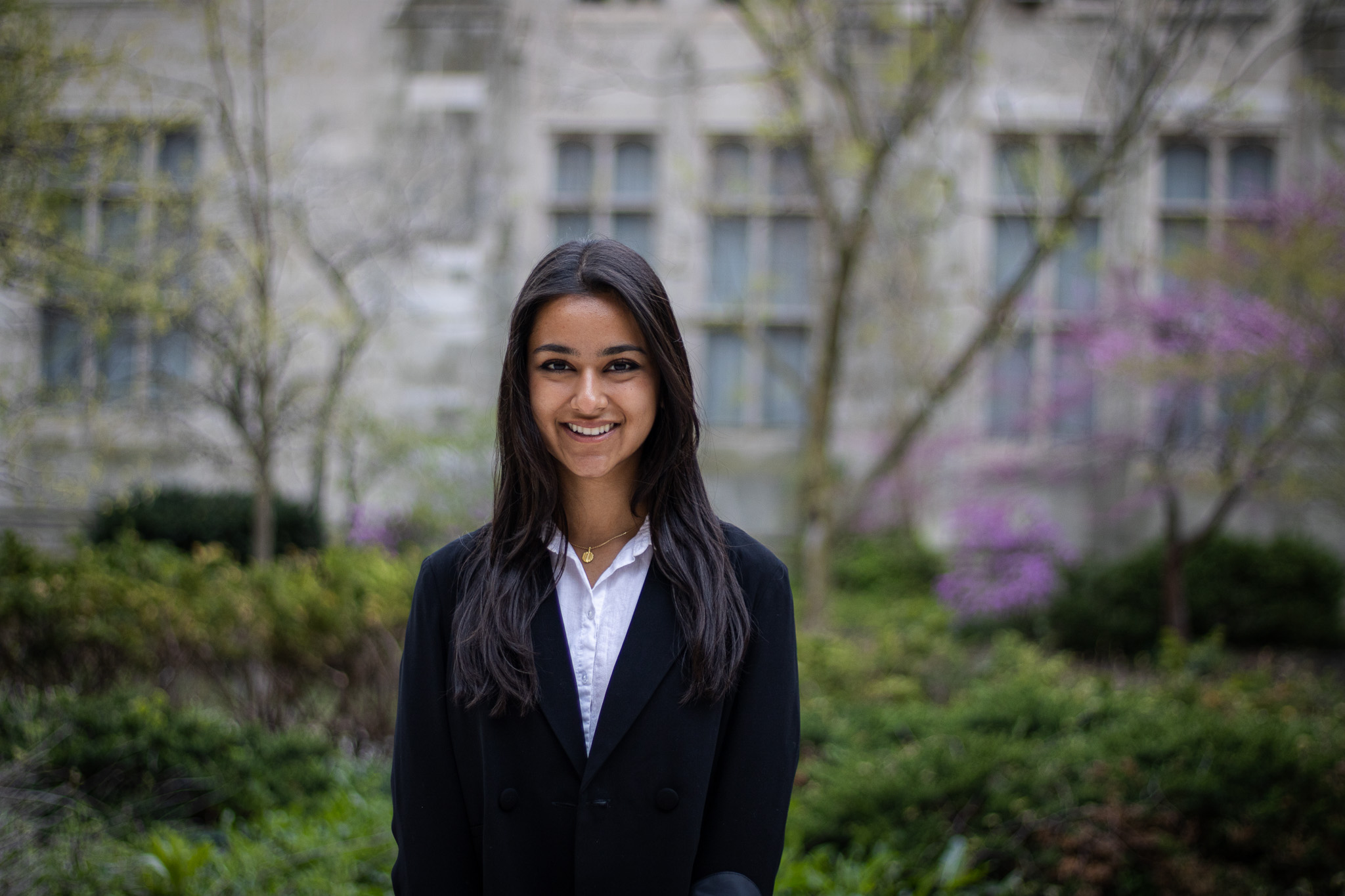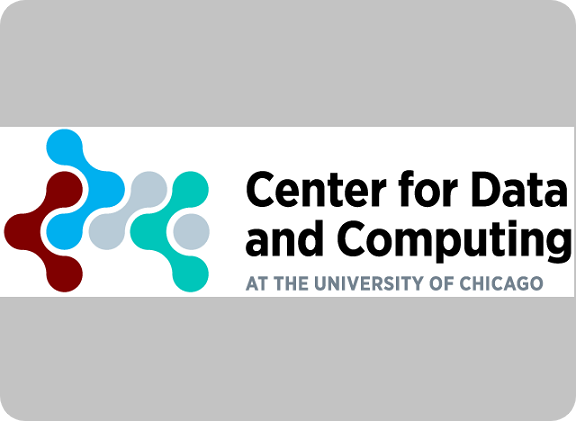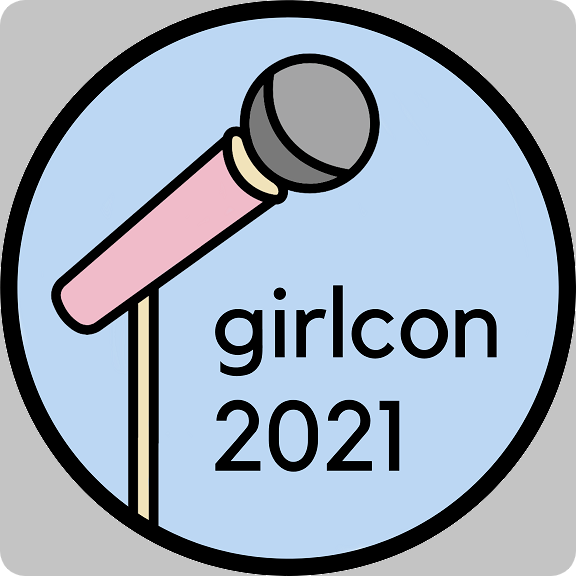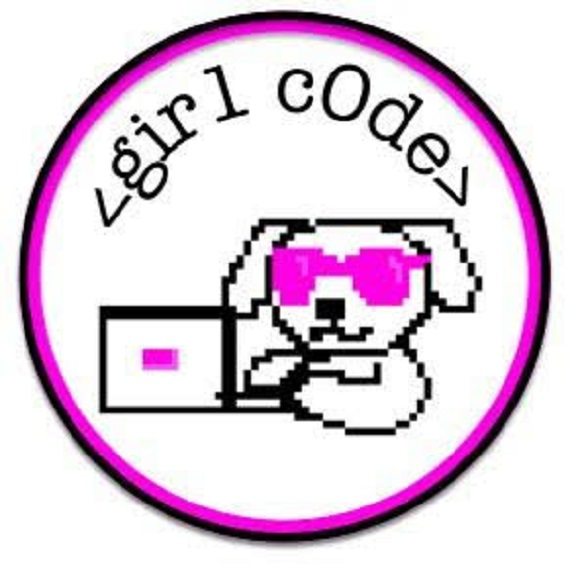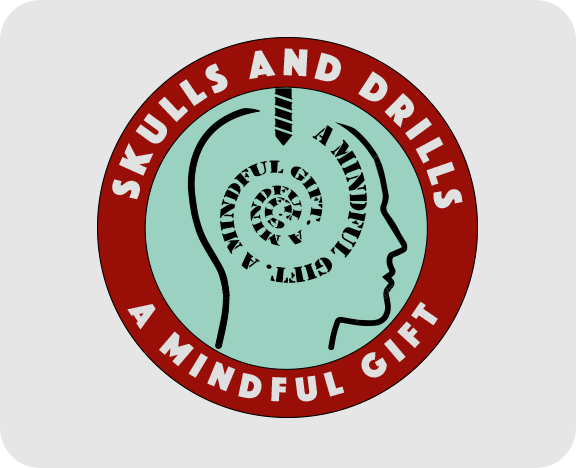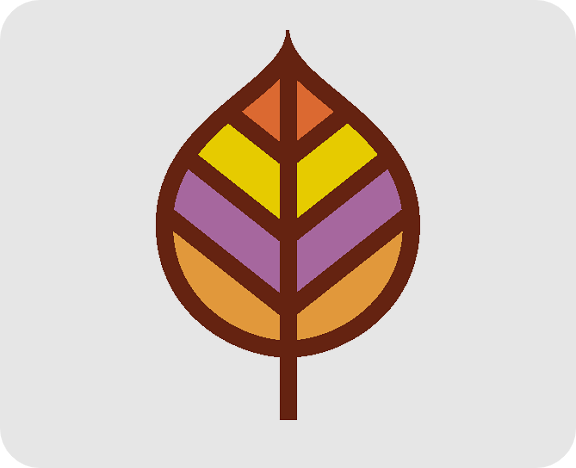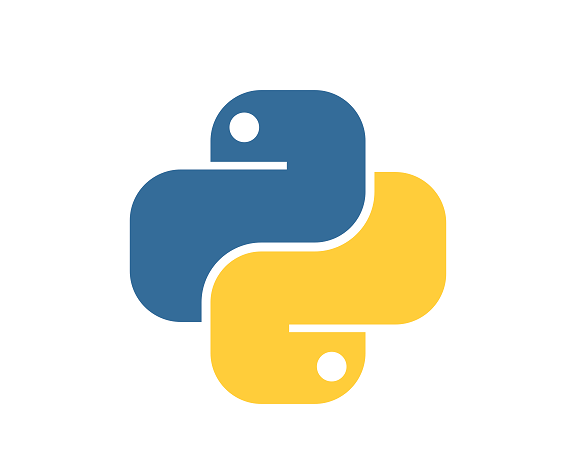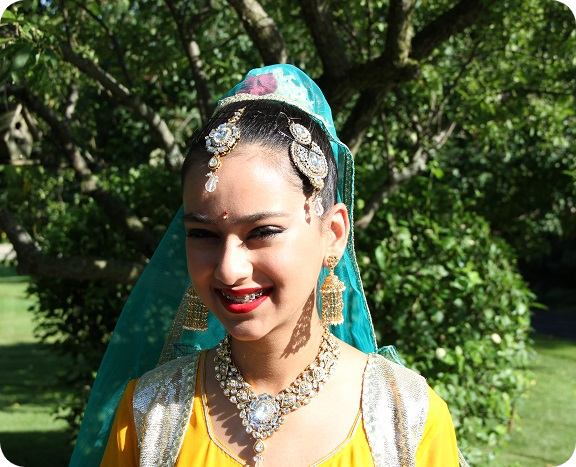User Understanding of Encrypted DNS Interfaces
This project was accepted to the 32nd USENIX Symposium. I presented our paper at USENIX and at IETF 117.
The encrypted DNS ecosystem is increasingly becoming a place in which various internet stakeholders fight for control through technical protocol design. Many browsers provide choices of only a few common resolvers, creating privacy risks because it allows for a handful of mainstream resolvers to sit on heaps of user data. This consolidation creates a power imbalance which has implications for security and performance. Since humans are impacted the most by browser configurations of DNS settings, we studied their awareness and knowledge.
Through a two part survey via Prolific, we considered the Opera, Edge, Firefox, Chrome, Brave, and Android OS encrypted DNS interfaces. After analyzing participants’ responses, we provided recommendations as to how default settings should be designed, the additional information that users should be provided, and how privacy risks can be ameliorated.
For this project, I used Prolific, Qualtrics, Matplotlib, and Pandas.
